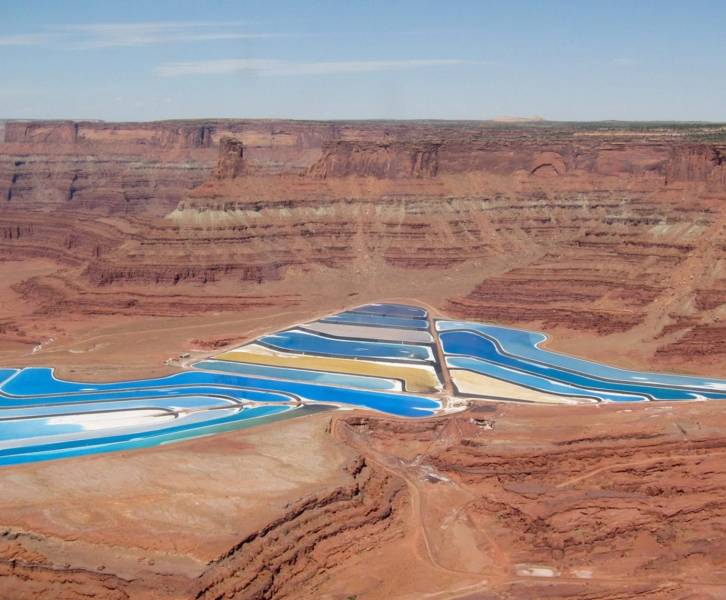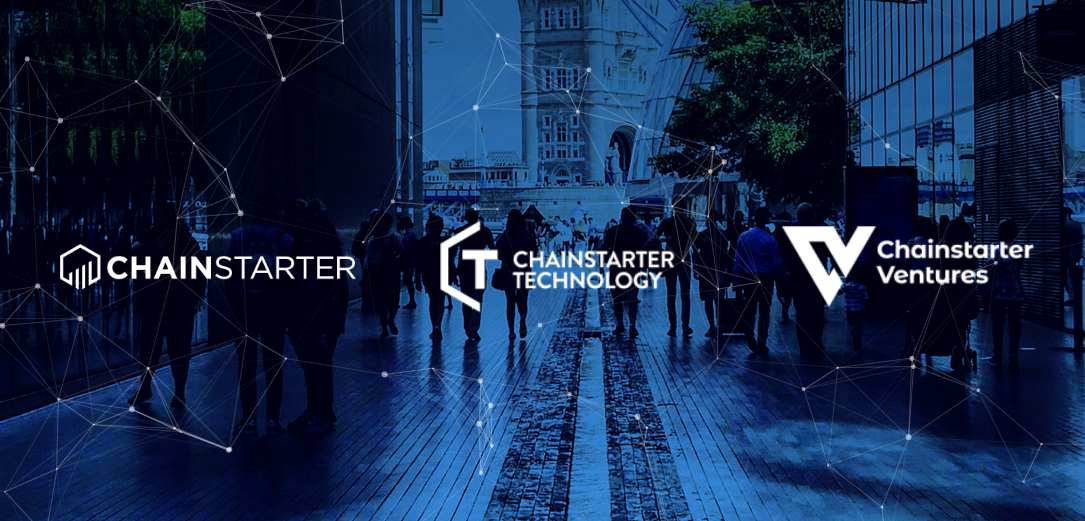Brazil stands as one of the world’s leading agricultural powerhouses. From soybeans to coffee, the fertile lands of this South American giant fuel not only domestic food production but global export markets. However, despite its fecundity, Brazilian agriculture faces a growing crisis — a shortage of potash. Potash is an essential mineral used in fertilizers to enrich soil and increase agricultural yield. It’s not just a cornerstone of agriculture; it also has applications in various industries, from making glass to purifying water. For Brazil, a nation with a significant economic reliance on its agriculture and industries, the low supply of potash is more than just a bump in the road; it’s a severe impediment to sustainable growth.
Brazil’s current potash scenario is unsustainable for long-term agricultural and industrial success. The country imports nearly 95% of its potash, making it extremely vulnerable to global market fluctuations, price hikes, and supply chain disruptions. This external dependency is detrimental for a nation with an expanding population, surging food demands, and burgeoning industries. The need for a solution is not a question of “if” but “when.”

The Promise of New Potash Mining Projects
Addressing the critical shortage of potash requires a multi-faceted approach that includes increased investment in new mining projects, both domestically and globally. Thankfully, there are promising signs on this front. Various companies and governmental organizations are engaging in exploratory drilling and feasibility studies for new potash mines. Countries like Canada, Russia, and even Brazil itself are tapping into untouched reserves to meet rising global demands.
Mining projects take time, often stretching into years or even decades from exploration to production. But the sooner these projects begin, the better positioned Brazil and the world will be to avert a full-blown crisis. Accelerating these mining initiatives not only creates jobs but also fosters economic stability, self-sufficiency, and environmental sustainability if managed responsibly.
The mining sector has a forum where investors, governments, and stakeholders can converge to discuss strategies, opportunities, and challenges in Brazil, called Exposibram. Organized by the Brazilian Institute of Mining (Ibram) and held in Belém, Pará, Exposibram serves as a nerve center for the Brazilian mining industry.
At the conference, experts discuss a wide array of topics, from market trends to technological innovations. These conversations are vital for shaping the industry’s future and attracting investments. It’s also an opportunity for government officials to gain firsthand knowledge about the most promising projects and devise policies that encourage sustainable mining practices. The exchange of ideas and networking at such events ultimately aids in making informed decisions, thereby accelerating crucial projects and innovations.
Brazil Potash and the Autazes Potash Project: A Beacon of Hope
Among the most important participants in Exposibram 2023 is Potássio do Brasil, a subsidiary of Brazil Potash. Represented by President Adriano Espeschit, the company showcased its Autazes Potash Project. Located in the municipality of Autazes in Amazonas, this major project aims to produce potassium chloride fertilizer, bringing socioeconomic development to the interior of Amazonas.
What sets the Potássio Autazes Project apart is its commitment to sustainability. By incorporating high-quality techniques, technology, and engineering that align with ESG (Environmental, Social and Governance) criteria, the project aims to produce “green potash.” This is the second consecutive time that Potássio do Brasil has participated in Exposibram, reaffirming its role in Brazil’s solution to the potash supply problem.
The Autazes project embodies the kind of forward-thinking and responsible mining that Brazil needs to overcome its potash shortage. As showcased at Exposibram, it offers not just an economic solution to the potash market in Brazil but an environmentally conscious approach to one of the most pressing challenges facing Brazilian agriculture and industry today.
The Potash Ticking Time Bomb
The shortage of potash supply in Brazil is a ticking time bomb that threatens the agricultural and industrial sectors. But it’s not an impossible challenge. Through new mining projects, both in Brazil and around the world and collaborative efforts facilitated by platforms like Exposibram, the industry can defuse this crisis.
Initiatives like the Autazes Potash Project are bright spots on the horizon, signalling a potential path forward that is both economically rewarding and environmentally sustainable. However, time is ticking, and the window for action is closing rapidly. It’s up to investors, governments, and the mining community at large to seize this moment and set Brazil on a course for long-term prosperity.
HedgeThink.com is the fund industry’s leading news, research and analysis source for individual and institutional accredited investors and professionals


































